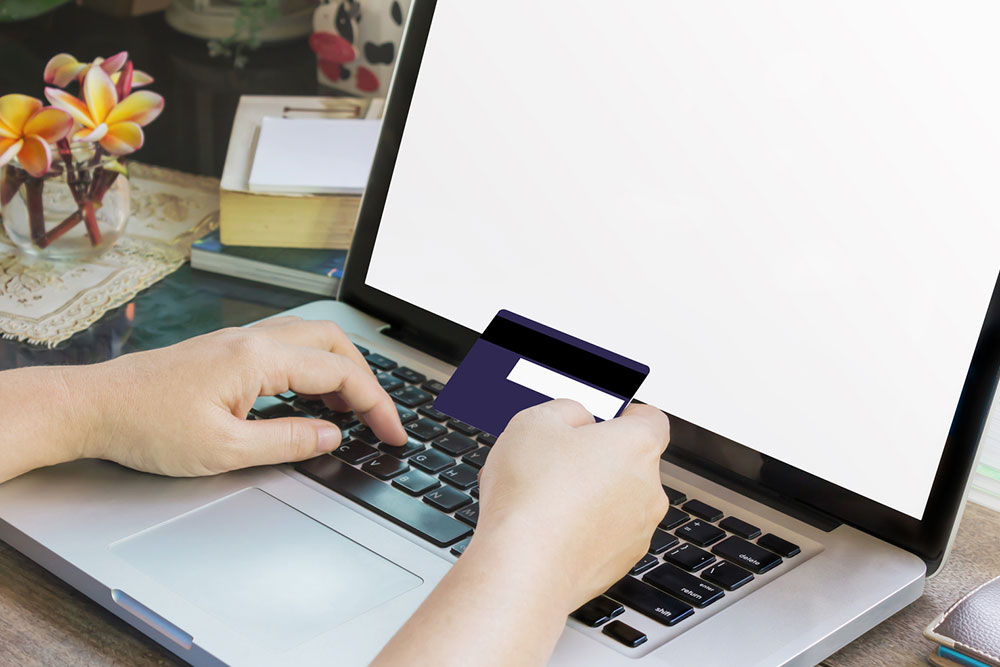6 mistakes to avoid when using debit cards

As many parts of the world are steadily moving toward a cashless economy, debit cards are becoming highly popular and accepted modes of payment. These cards can be used for shopping at all major retail stores and withdrawing money instantly. Also, most debit cards offer lucrative benefits, such as rewards, cashback, and no annual fees. But to get the most out of debit cards, it is important to avoid certain mistakes.
1. Using too many debit cards
As different banks offer different deals and benefits on debit cards, many tend to use multiple cards to benefit from a variety of offers. But such deals and offers come with additional fees, so, the more cards one has, the higher the aggregate fee one would have to pay. These extra charges can increase the expenses. So, it’s best to have a maximum of three cards to avoid spending too much money on fees.
2. Using debit cards for big purchases
A debit card uses the funds deposited in the cardholder’s bank account. So, if one tries to pay an amount that exceeds the total balance in the account, the transaction may bounce. For this reason, it’s best to use a credit card for large transactions so that one can repay the amount flexibly until the deadline. Even if one has to use a debit card for a large transaction, it’s important to check the bank balance first.
3. Not tracking transactions
Periodically checking the balance on banking apps and portals helps one track the amount one has left in the bank account. But, the balance may sometimes take a while to update sometimes. So, one should keep track of all their transactions. This also helps one keep an eye out for suspicious or unauthorized transactions.
4. Being careless with the PIN
While it can be convenient to write the debit card PIN in diaries or random notebooks and on a notes app on the phone, it puts the PIN at risk of being discovered by a third party and then misused. A better idea is to use a password-protected app to note down card PINs. Other apps with secure locks on them may also be used for this purpose.
5. Withdrawing cash frequently
At some retail stores, cash may be the only accepted mode of payment, and withdrawing from a nearby ATM using a debit card may seem like the best option. But when withdrawing from an ATM outside of one’s bank network, one may have to pay additional charges, which tend to increase with every withdrawal. A better idea is to withdraw cash from the bank, which never charges withdrawal fees.
6. Overlooking hidden fees
Some debit card companies may charge the cardholder for entering the PIN number to make a transaction sometimes. Overdrawing the account also results in a fee. If cardholders do not know about such additional charges, they will end up losing money over and over again while making payments. That’s why one should read the debit card terms carefully and understand additional fees involved before signing up for one.

